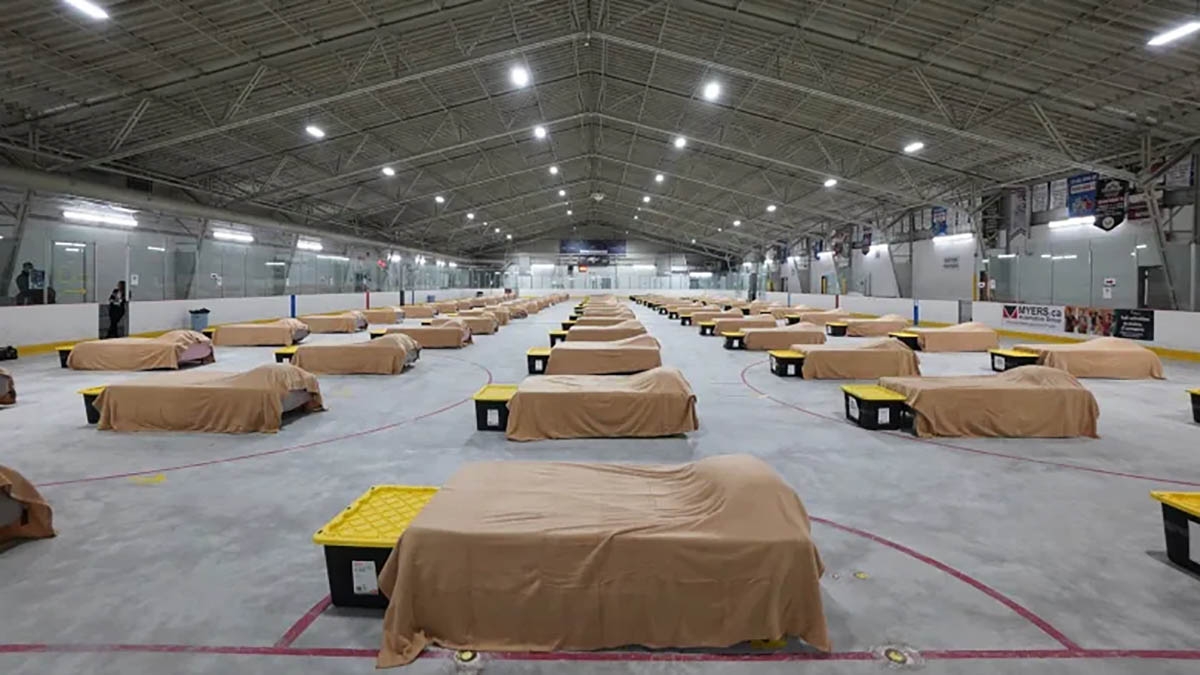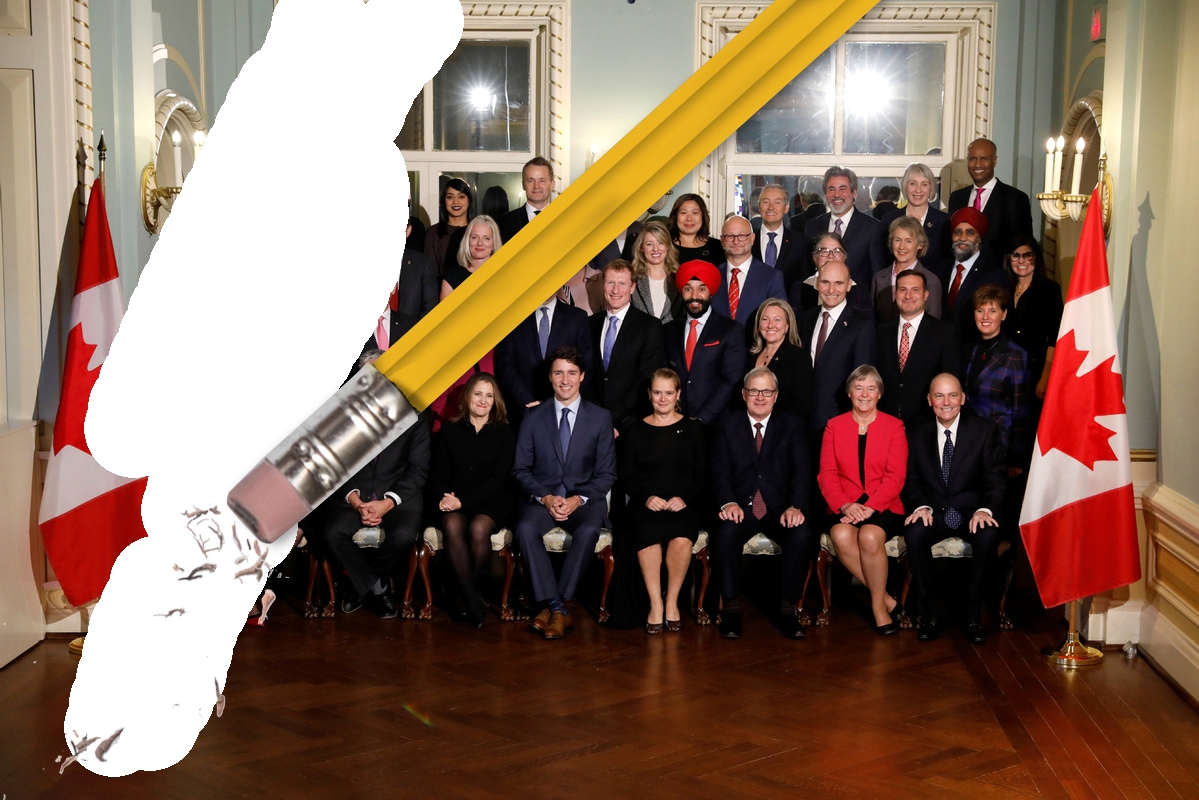
Physical Distancing Centre motion takes up most of Council’s time
Today’s Ottawa City Council meeting began with a motion discussing the use and eventual closure of city-run homeless shelters referred to as “Physical Distancing Centres.” The motion was brought to Council by the Community Services Committee.
Physical Distancing Centres were hosted in selected community centres across the city during the Covid pandemic to house Ottawa's homeless. The motion asks the city to explore how to close the centres while looking for sustainable housing alternatives and allowing for the quick resumption of community activities at the centres. Additionally, the motion asks that both users of the centres and residents who live around them have their security ensured.
Councillor Stephanie Plante asked if the community around one of the centres in her riding had been consulted, noting the proximity of a nearby school. This comment spiked the ire of Somerset Ward Councillor Ariel Troster, who pointed out that the city is in a "housing emergency." Troster asked city staff if there had been significant security concerns and if the motion's security clause was necessary.
City staff did say that social support at the centres had reduced problematic behaviour from shelter users. Councillor Jeff Lieper, whose includes the Tom Brown Arena, a large physical distancing facility that has since closed, noted that cleanliness around centres "needed work." The debate regarding these centres was an interesting interaction because Troster, Lieper, and Plante all lean more toward the progressive side of the Council. Yet, their interpretations of the centres' impact on the community varied. Of note, Troster is an avid proponent of Physical Distancing Centres but does not have one in her ward, while Plante does, and the centre in Lieper's ward is now closed.
Councillor Marty Carr spoke in favour of the centres. She pointed out that since the beginning of the pandemic, city staff have taken 250 people out of the shelters and put them into proper long-term housing. Councillor Cathy Curry and city staff support focusing on placing residents in long-term housing. The motion was carried, but two clauses regarding the future choosing of emergency community support centres through a diversity equity and inclusion lens were not supported.
Councillor Ariel Troster noted that it was International Women's Day and asked Council to support her motion to declare an intimate partner violence crisis in Ottawa. The motion also asks the mayor to write to the premier to create legislation to address family violence. The motion was carried.
Councillor Theresa Kavanaugh brought forward a motion to make March 11 a National Day of Remembrance concurrent with the federal government's Day of Remembrance for those who lost their lives during the Covid Pandemic. The motion was carried.
Councillor Catherine Kitts brought forward a motion asking that the mayor write to the Ontario Minister of Finance, the Minister of Red Tape Reduction, the Minister of Agriculture, Food, and Rural Affairs, the Minister of Tourism, Culture and Sport, and the Minister of Economic Development, Job Creation and Trade. Kitts noted that Ottawa area wineries are important to the local economy and tourism and asked that the city Council support the elimination of the LCBO markup and wine levy on direct delivery of 100 percent Ontario non-VQA wine to a licensee. VQA is a quality control body that controls standards for quality and labelling. VQA wines are heavily promoted at the LCBO and associated wine retailers like Wine Rack. Kitt's motion was carried.
Council concluded after a short one-hour and twenty-minute meeting.
Photo: via CBC











